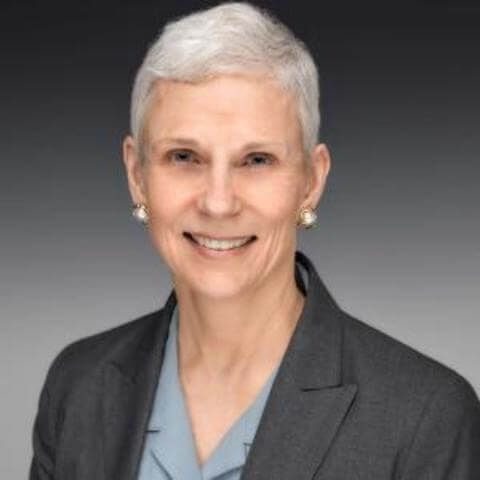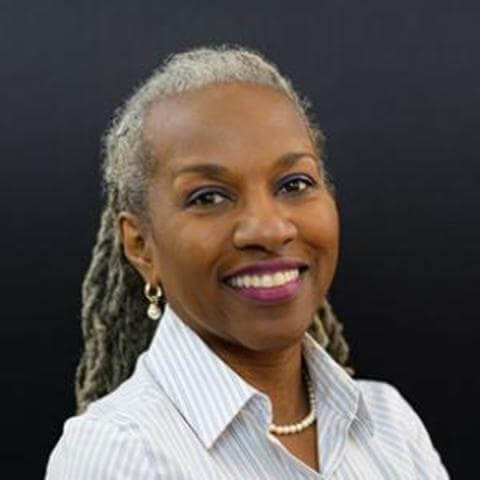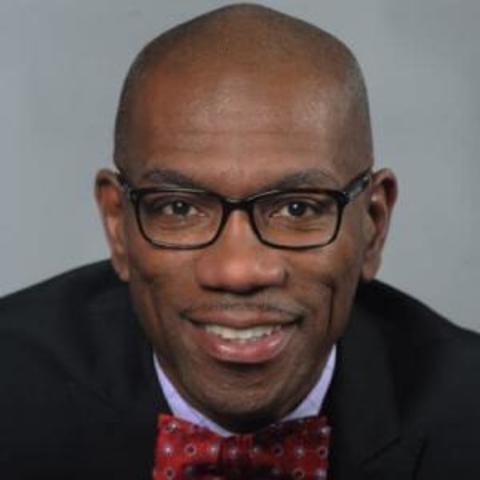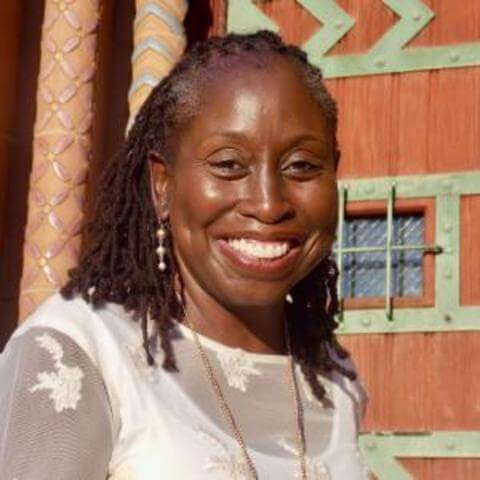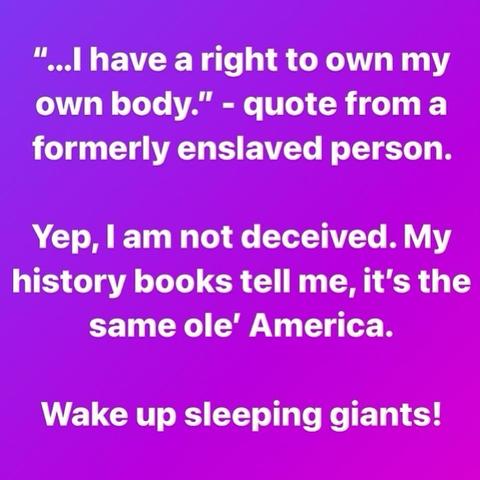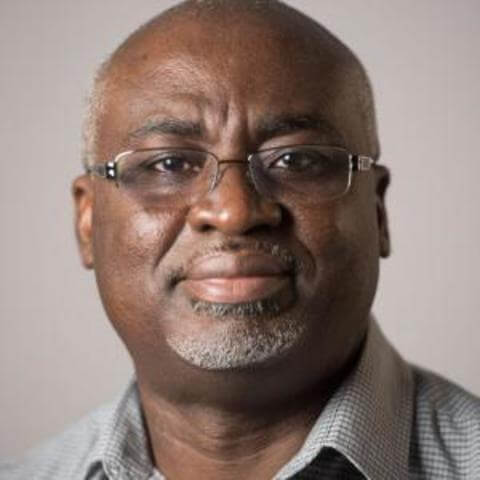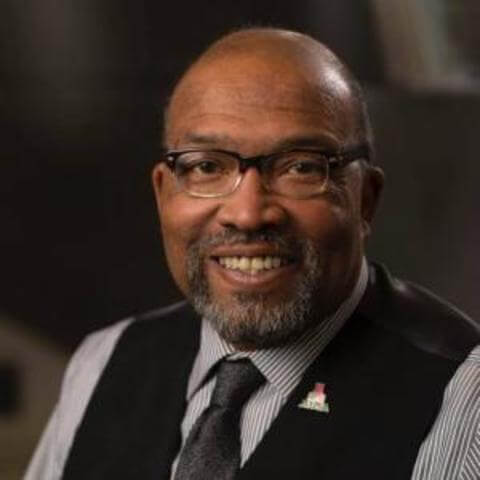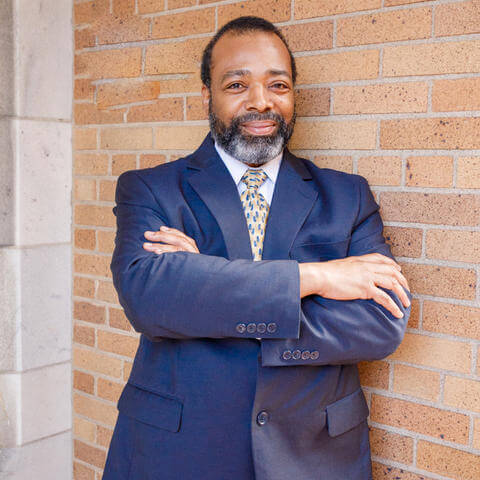Divinity Reflections on SCOTUS decisions
Howard University School of Divinity Faculty and Staff offer reflections on the recent SCOTUS decisions on female reproductive rights and open carry gun laws.
Divinity Reflections on SCOTUS Decisions
Dr. Alice O. Bellis
We all knew that today was coming, but it is still hard to fathom. I was a student at HUSD when Roe v Wade was decided. That decision, along with the easy availability of “the pill,” shaped my generation so that we did not have to choose between motherhood and career. It was still not easy. The world was not and still is not designed for families and continues to assume that the default position is that mothers should stay at home. I managed to “have it all,” but the stress was terrible and now I watch my daughters facing much the same challenges. We have made little progress in 50 years. The state of affairs is far direr for those who are not economically privileged. Even now, the rich who want an abortion will find a way, but the poor do not have as many options. That the Supreme Court building is now closed out of fear for the safety of the justices, we can only assume, is a testimony to the mentality of the court. God help us all.
Alice Ogden Bellis
Professor of Hebrew Bible
Dr. Gay L. Byron
Statement on Roe v. Wade Overturned
Gay L. Byron
Today, June 24, 2022, is a sad and tragic day for this country, especially for the 33 million women of child-bearing age who have lost the freedom and the right to choose what is in the best interest for their reproductive health, mental wellbeing, and economic circumstances.The Supreme Court’s decision to overturn Roe v. Wade sets the clock back more than 50 years and reveals the virulent, systemic undercurrent of pride, privilege, and patriarchy that still rules in the halls of justice. Faith leaders and all persons of good conscience must fight for those whose experiences and bodies are being ignored and buried in biblical rhetoric of fear and weaponized misinformation. An overturned decision is not the final word. It’s time to bring faith and action to the public square and every sphere of civic and political influence. “Blessed are those who hunger and thirst for justice (dikaiosynē) for they will be filled” (Matt. 5:6).
Gay L. Byron, Ph.D.
Professor of New Testament and Early Christianity
Dr. Kenyatta Gilbert
https://thepreachingproject.org/2022/06/preachers-know-the-facts-2/
Dr. Renee K. Harrison
Dr. Harrison's Reflection
Dr. Kwasi Kwakye-Nuako
I am out of the country and I have only heard bits and pieces of the decision. I will ask you to reflect on what you have heard instead of a quick response. Ask yourself the following questions:
1. What are you trying to accomplish?
2. What strategy (ies) can best help you reach your goals?
3. Are there people who share your passion and goals you have to work with?
4. Given the polarized nature of the issue at stake, how can people hold reasonable conversations and talk with one another rather than keeping to stated positions and cut others from becoming part of the conversation?
These are not exhaustive but it can be a starting point in the discourse.
Dr. Kwasi Kwakye-Nuako
Assoc. Professor of World Religions
Dr. Harold D. Trulear
With the decisions today to make abortion a states' rights issue while overturning NY State's gun control law, we show that we are a nation that "protects the right to life" of children in the womb but not in Sandy Hook or Uvalde.
Dr. Harold D. Trulear
Associate Professor of Applied Theology
Dr. Frederick L. Ware
Public opinion is divided regarding the U.S. Supreme Court decision in Dobbs v. Jackson Women’s Health Organization. Thoughts along the political divide are entangled with emotions ranging from ecstatic joy to intense disgust, with opposing factions prepared for further action, even violence, to either expand or restrict access abortion. Though today’s ruling from the Court does not outlaw abortion, it does represent a significant loss— the loss of a broadminded but disputable interpretation of the Constitution that, over a span of 50 years, guaranteed privacy, freedom, and equal protection of law in matters of procreation. The Court’s decision, in effect, punts abortion into the field of the State Legislatures where politicians and ideologues will likely succumb to the temptation of capricious play with the lives of not only the women and men vulnerable to their whims but also the unborn who will not receive their financial support after birth. Regardless of anyone’s position on abortion, everyone who values democracy should be concerned about what has happened today. When democracy works well, it allows both the termination and continuation of pregnancy through quality medical care and professional counseling, respecting the right of each person to follow their conscience in the matter. If the Court’s decision is a gauge of where the nation is, then the American experiment in democracy has certainly moved away from an acceptance of moral pluralism. Political partisanship, whether right or left leaning, is bent on imposing its norms across the body politic. In human civilization can there be, at the same time, moral pluralism and social justice? Today’s Court decision seems to prohibit the nationwide uniformity of law and commonsense safeguards required to show that they can be. Maybe the question now falls on communities of faith to bring to the public square a voice of reason and hope in resolution of what it means to be human, to be free, and to live justly in a secular society where people hold different and, on occasion, conflicting moral convictions.
Dr. Frederick L. Ware
Professor of Theology

